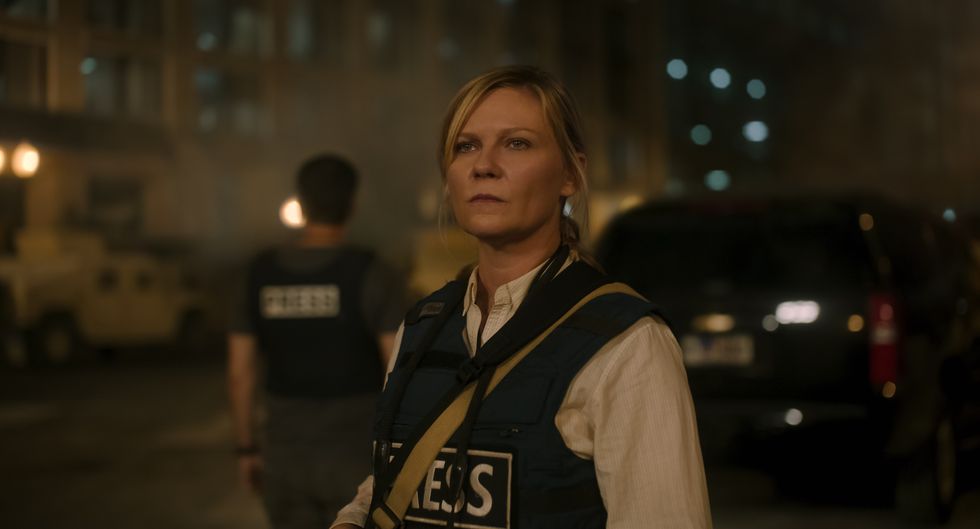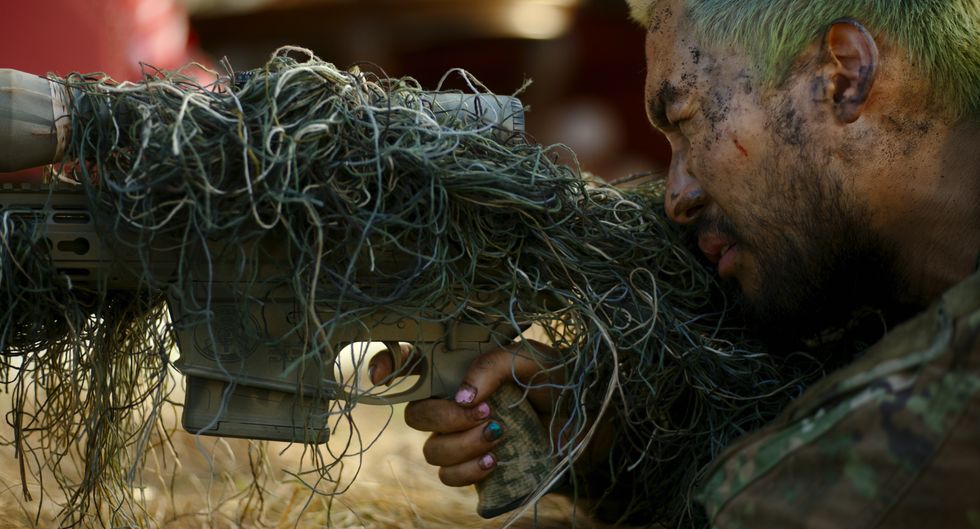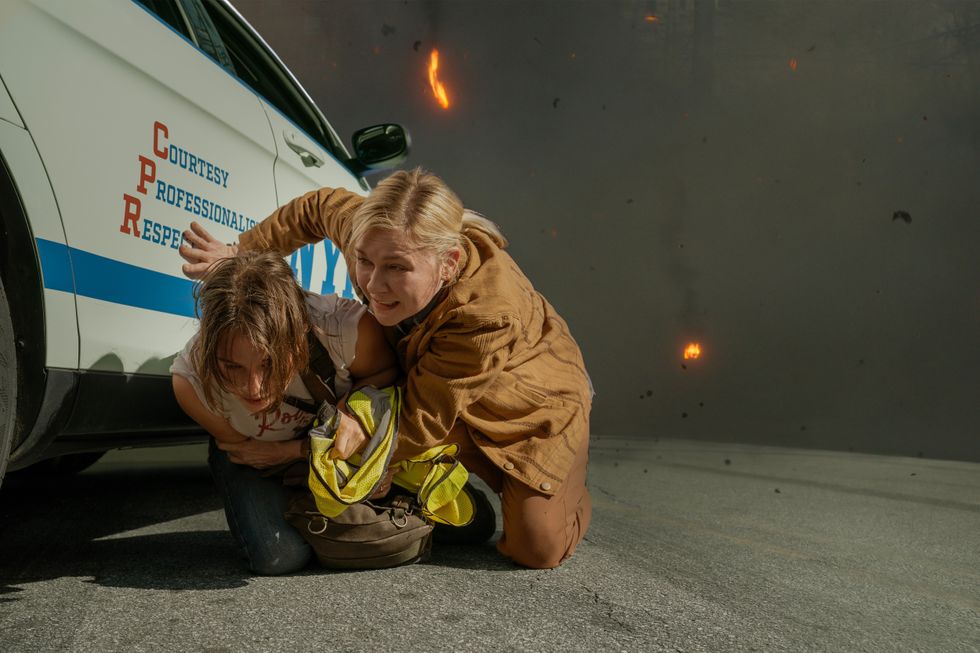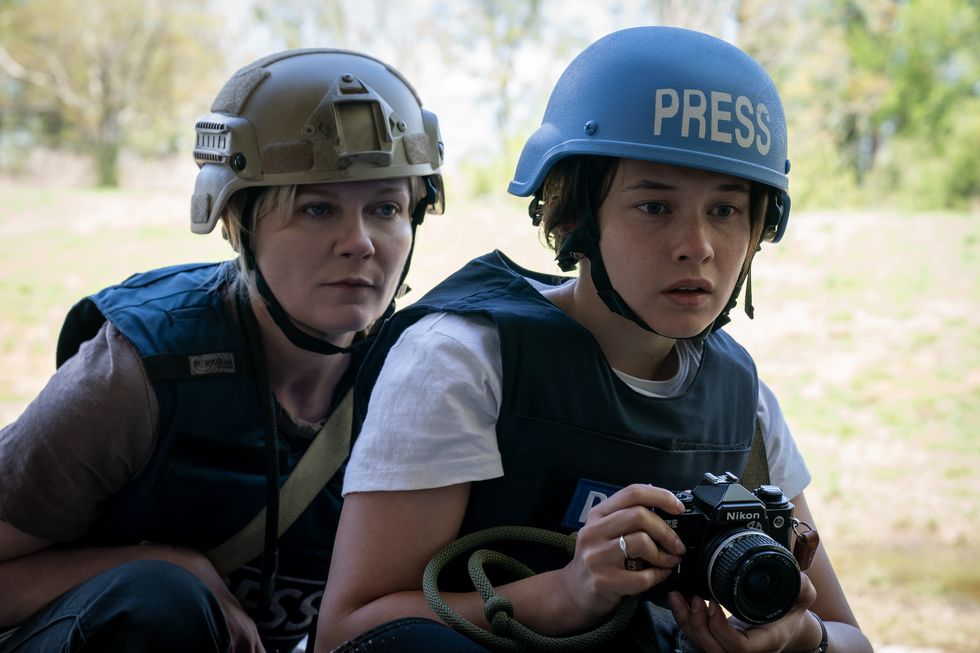How Naima Ramos-Chapman Got 'Tricked' into Self-Funding and Crowdfunding Her Thriller
'And Nothing Happened' is the best short this writer has seen all year.

[Editor's Note: No Film School sent Scout Tafoya to cover the 5th annual BlackStar Film Festival in Philadelphia.]
Naima Ramos-Chapman and I have something in common: we're both fans of No Film School.
"I did not go to film school, so I really appreciate the site," Ramos-Chapman said at the BlackStar Film Festival. "I look at the site from time to time to figure things out if I'm in a bind." She tells me she's just starting out, but already she practically vibrates with promise and potential. Watching her debut short, the truly astonishing And Nothing Happened—the highlight for me of the BlackStar Film Festival's shorts program—I knew I was watching something unique.
"I waited tables and I babysat for months and months to raise money for production."
It's something prophetic of a time in the near future where stories about black women succeeding and overcoming bias and trauma are all over our movie screens. Ramos's film predicts a future free of oppression by dealing directly with that horrific, claustrophobic feeling of having your body and soul imprisoned. Give her film to young women—show them that it's important to tell stories of survival, no matter how strange and ugly a form that may take—and you let generations of women know that silence is not an option. Scream loud so that they hear you in the next town. And Nothing Happened is just such a scream.
Ramos plays herself, a woman lying in her bed trying to find something to masturbate to. Eventually, she settles on a violent attack scenario, and then quickly abandons it. Minutes later, there's a short but telling encounter with a man in the hallway. Everything—even the tiniest gestures—feels huge and overwhelming. And Nothing Happened has vibrant colors and smooth style to help us navigate the barely hidden pain under the surface of our hero's apparently perfect exterior. What could rile someone so confident?
And Nothing Happened packs such dense emotion into its few short minutes that you'll be exhilarated and exhausted when it ends. It's the best short film I've seen all year. No Film School spoke to Ramos about making this gem with a tiny budget—and your family on the call sheet.
"Don't get caught up in the festival run. A year will pass and you'll wonder where your time went."
No Film School: How did this project originate?
Naima Ramos-Chapman: I was acting, trying to figure out how to make a viable living in the arts, which I'm still working out. I wrote the script really quickly. I met Terrence [Nance, the filmmaker and critic who shot And Nothing Happened] and he's very much a do-it-yourself type person. He made it seem possible. He tricked me. He didn't say it would be easy, but he said, "You can totally do it." So I didn't realize how much work needed to be put in, which was a positive thing because I don't think I would have done it if I kept thinking about the cost and time.
I waited tables and I babysat for months and months to raise money for production. We shot it and raised the money for post on Kickstarter. We shot for $4,000 but made $5,000 and I raised $3,000 working my day jobs. I shot it at home, which cut down on location scouting and costs. I should have put my mom in a hotel, actually. She was terrible on set, going, "Don't touch my plants! Don't do this! Don't do that!" All of this while I'm shooting my first film. So I was very stressed [laughs]. But we paid all the crew. The actors were family members. I did not pay them; I paid them in love.
"I wish that crowdfunding didn't feel like the only resource available to young black filmmakers."
NFS: Why not cast a wider net?
Ramos-Chapman: The nature of the story was autobiographical and I wanted it to be a kind of documentary-narrative hybrid, so I wanted people in my life to play themselves. I couldn't get my mom to play herself so I used my godmother, who approximates the feeling of my mother to me. Terrence shot the film and executive produced, so in a lot of ways he was a great resource, having done this so many times before. He helped me think about where we could save money. Acting myself saved money. Sean Peters let us borrow his camera. It was really a community project. I encourage people to pay for work and time, but people were understanding. They'd say, "This time for free, but not next time."
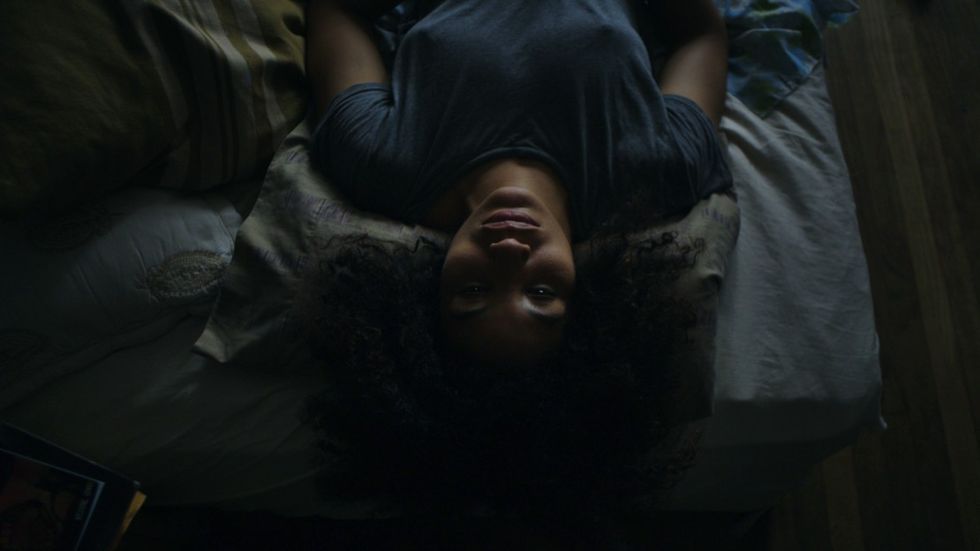
Ramos-Chapman: I had a few hundred dollars left to submit to major film festivals. I submitted to Sundance, Slamdance—the first one I got into—and got a lot of rejections. I ran out of money pretty quickly. Right now I'm not submitting because the fees are so high. The smaller fests need that money, so I understand why they can't waive the fees, but it's a gamble for me. You've just spent so much money getting it made, and now there's so much to spend getting it seen. We have a few more screenings left before our online premiere (including a screening at Rooftop Films tomorrow, August 20th).
"You make a film many times over, and never more importantly than in the edit."
NFS: What do you hope will happen now?
Ramos-Chapman: I thought of this film as a calling card, but I'm very passionate about it. I'm working on my second film, and I'm going have to fund that myself as well, but based on the success of this film, I can ask for a higher amount when I crowdfund. The whole thing should be easier. I could ask for $15,000. I have the script ready—it's done—but we're still at festivals promoting the last short. I remember Terrence said, "Don't get caught up in the festival run. A year will pass and you'll wonder where your time went."
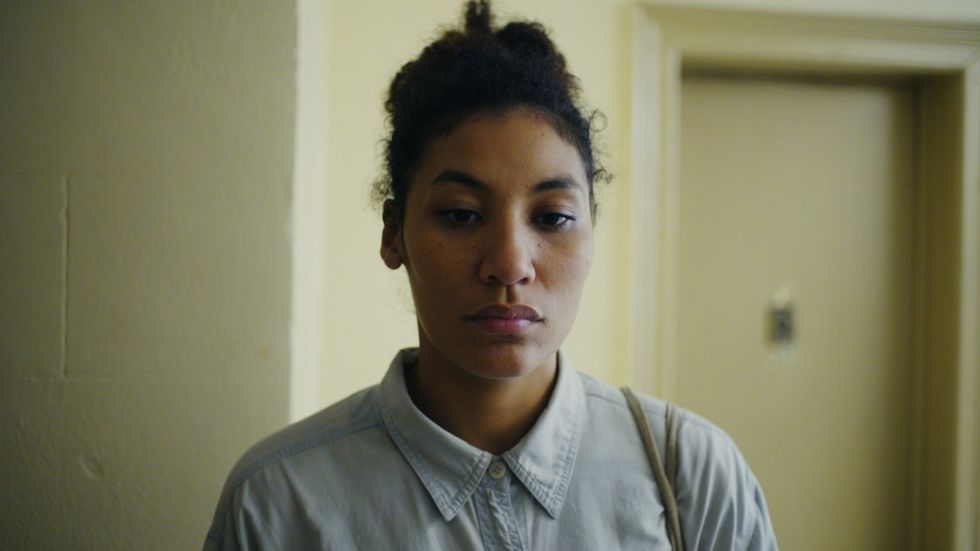
NFS: What were the biggest mistakes you made on set that you think you've learned from for next time?
Ramos-Chapman: Directing and acting are very difficult. I definitely don't think I'll do that next time. I don't think I got the full experience. Being a director, you have to always remain calm, but as an actor, I needed to be free with my emotions. It was hard making sure the timbre in the room stayed cool as we're doing 11 takes. I learned a lot about editing. You make a film many times over, and never more importantly than in the edit. You can save a film in editing.
NFS: Do you think this crowdfunding bubble is sustainable?
Ramos-Chapman: I think as long as artists continue to show a return on those investments to their communities, and it's different in every community…but as long as you can show you have resolve and create work that speaks to an audience in a way that Hollywood or mass media can't, we can keep making our films. I'm optimistic.
I do wish that crowdfunding didn't feel like the only resource available to young black filmmakers because there's the potential to feel exhaustion. Your community can't donate hundreds of thousands of dollars. You have to figure out other ways of funding so your audience feels like they're supporting you without being totally tapped out for every single artistic endeavor.
I've seen people make 10 films through crowdsourcing, but they're apprehensive about continuing in that way. The fear is real. My mom's only gonna lend me her apartment once, you know?

